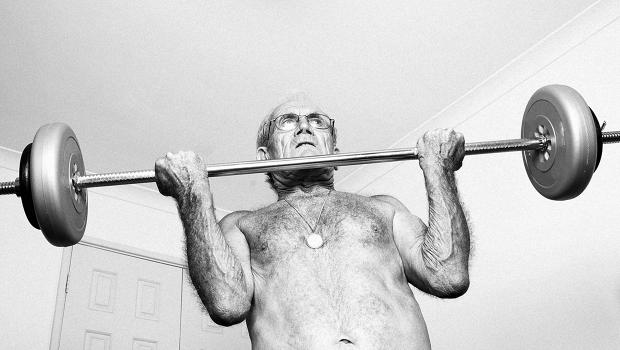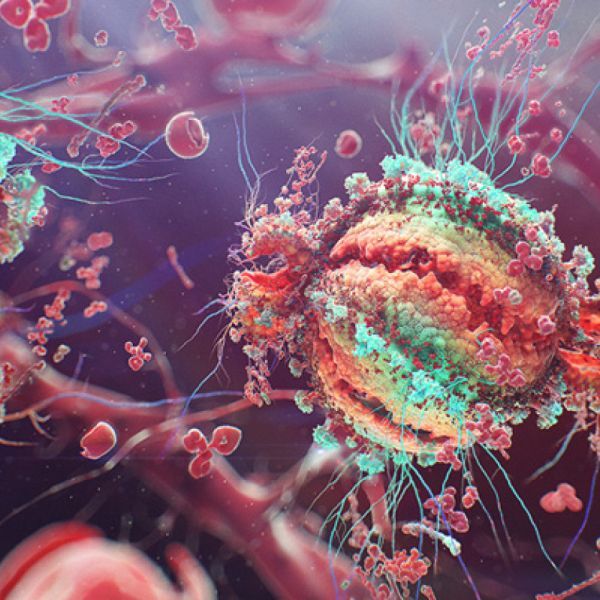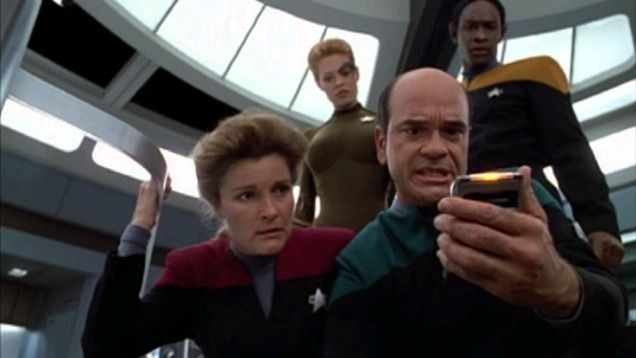Jun 28, 2016
ODNI wants help securing biometric systems
Posted by Karen Hurst in categories: 3D printing, bioengineering, biotech/medical, privacy
Glad they are doing something on this because my biggest concern on biometrics and systems storing other people’s DNA/ bio information is criminals hacking in and collecting bio information on people and reselling it on the Dark Web. With this type of information; criminals can do many interesting things especially if they have access to a gene editing kit, or 3D printers, etc. We have seen how easy it is to create gene editing kits and selling them on the net for $129 each. And, how 3D printers can replicate synthetic skin, contacts mimicking eye structures, etc. So, criminals can do some amazing things once they have access to anyone’s biometrics information.
A biometric system to verify travelers exiting the country could be in effect as soon as 2018.
By Kayla Nick-Kearney.
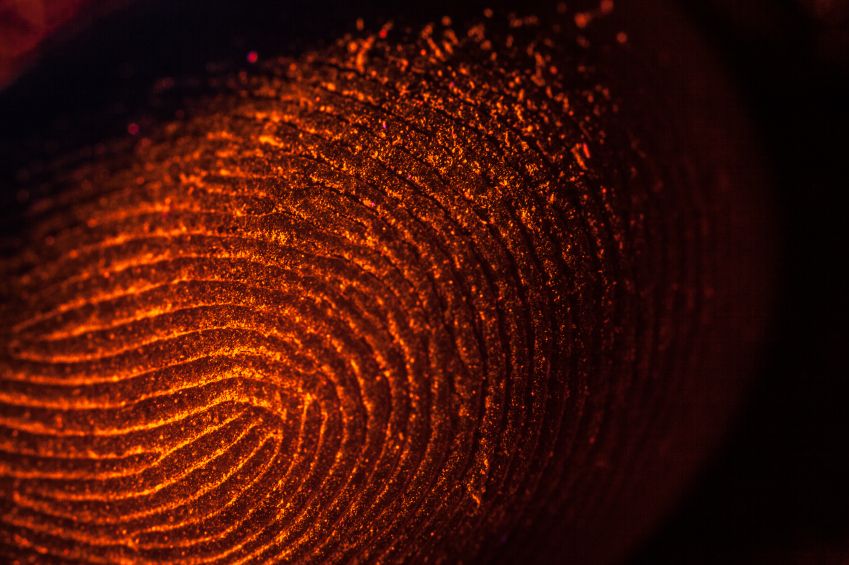
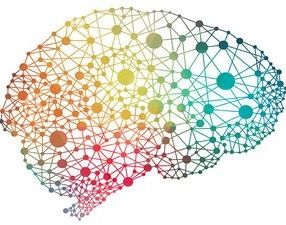

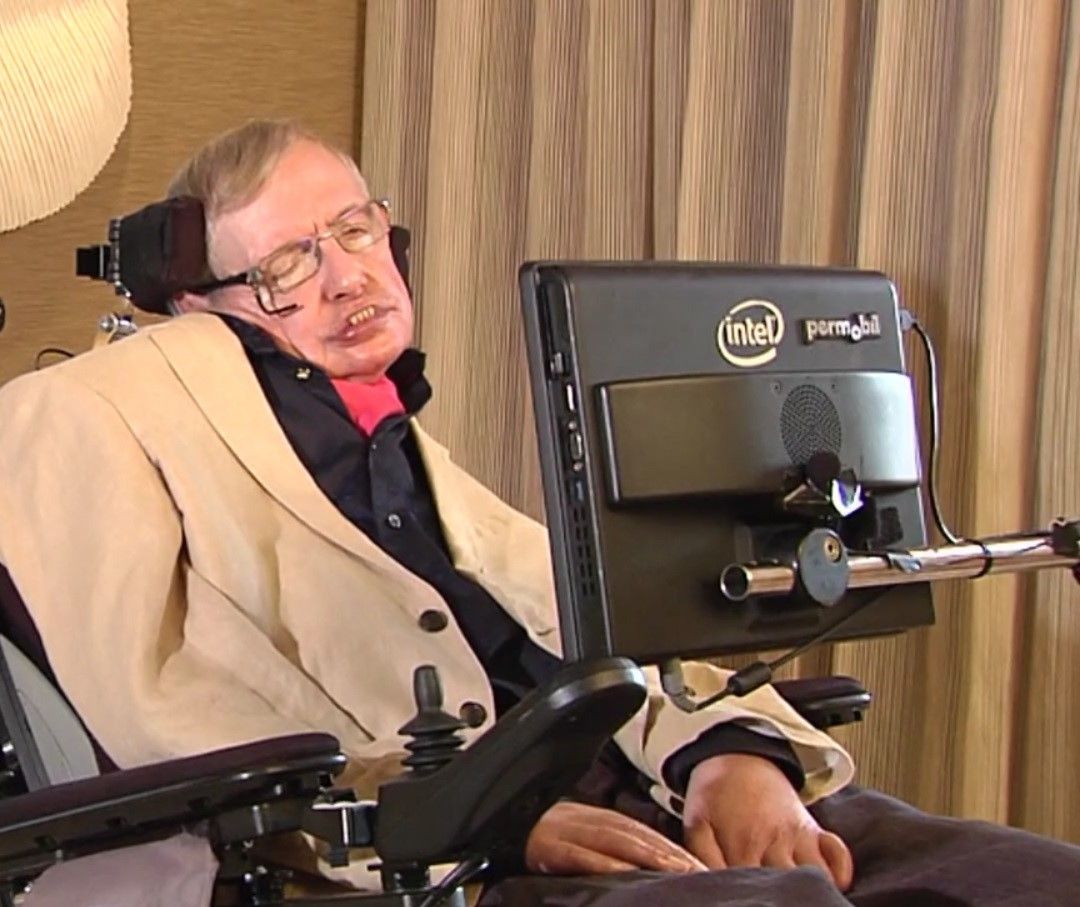
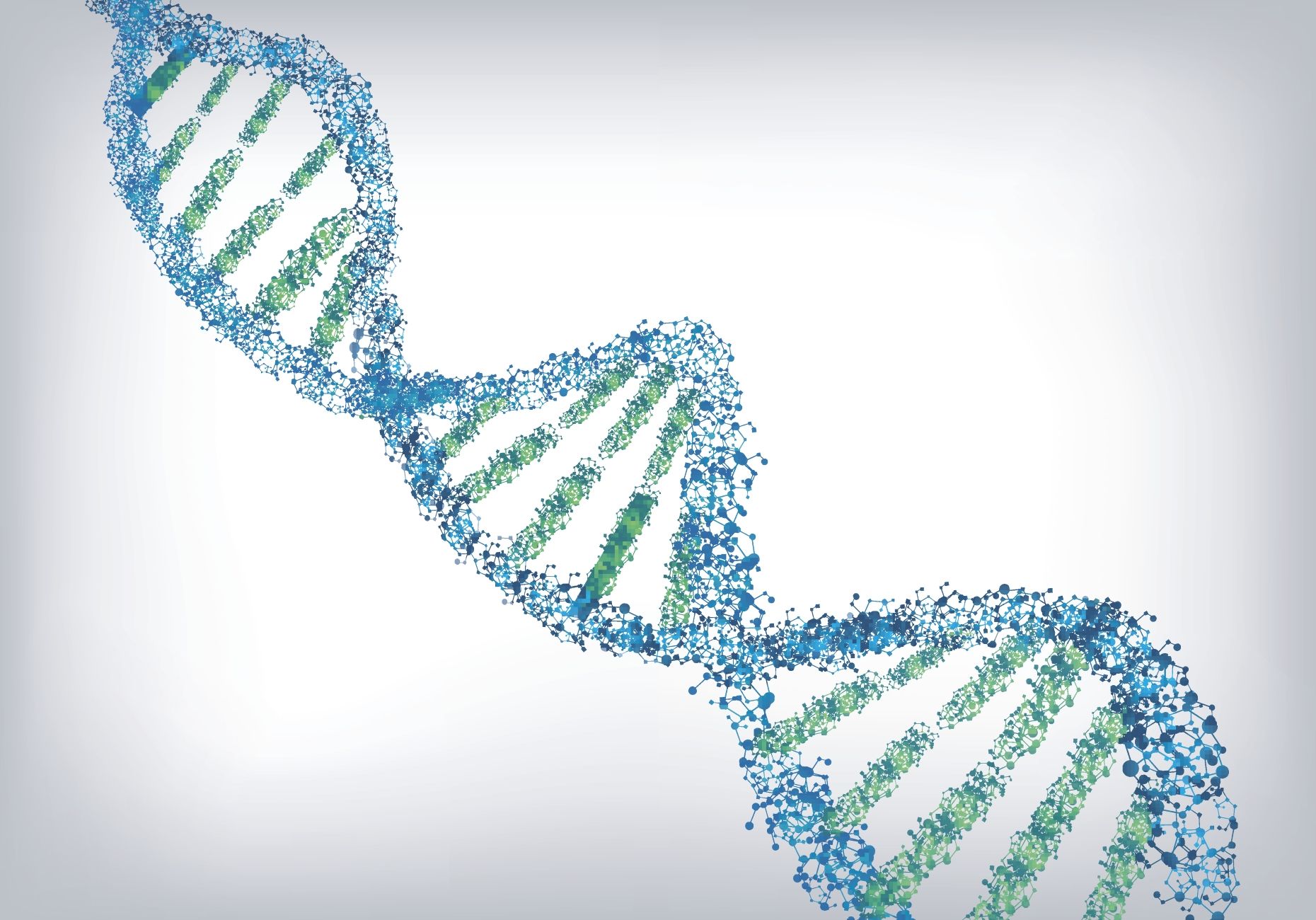
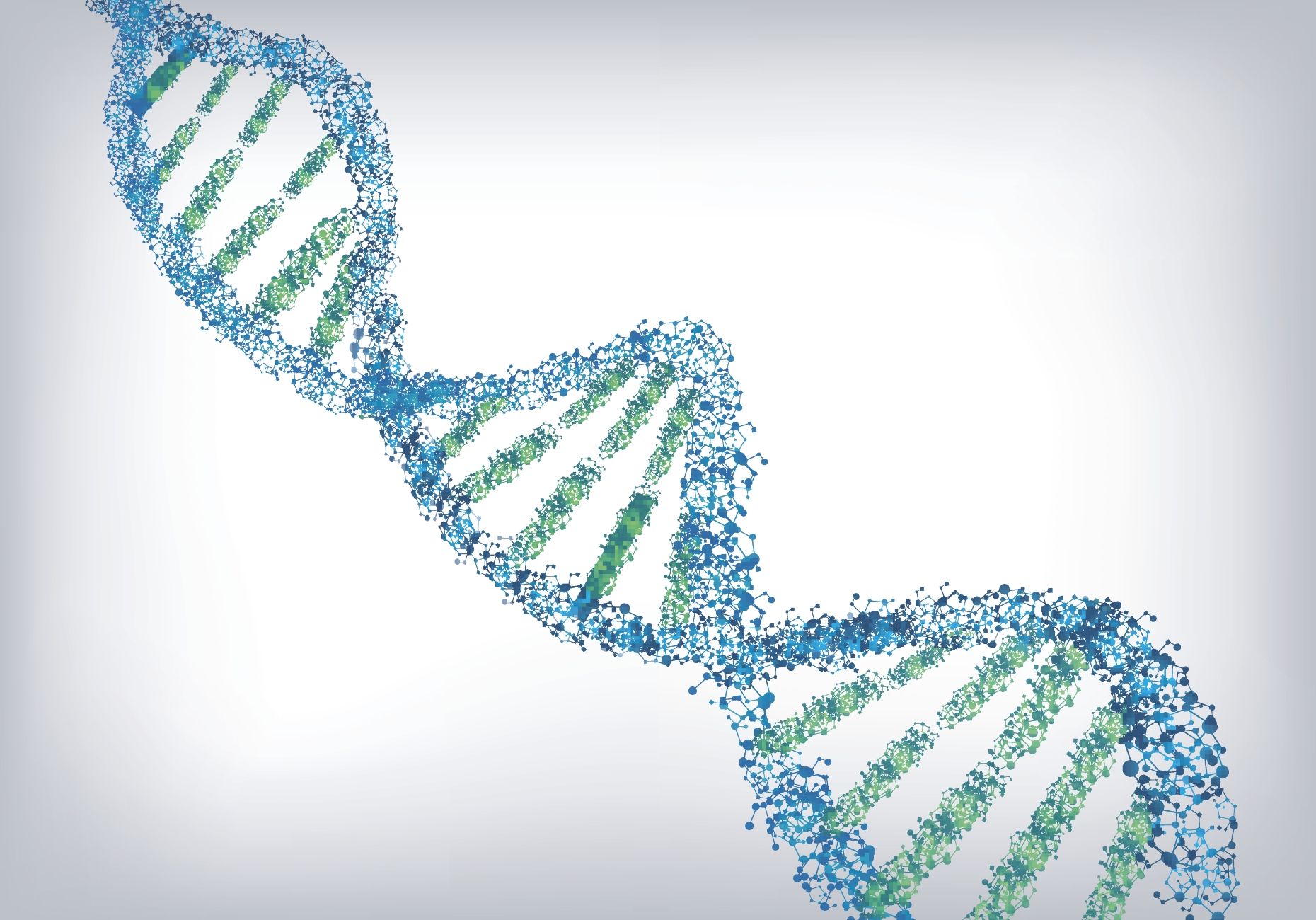 © iStock/ Getty Images undefined How much storage do you have around the house? A few terabyte hard drives? What about USB sticks and old SATA drives? Humanity uses a staggering amount of storage, and our needs are only expanding as we build data centers, better cameras, and all sorts of other data-heavy gizmos. It’s a problem scientists from companies like IBM, Intel, and Microsoft are trying to solve, and the solution might be in our DNA.
© iStock/ Getty Images undefined How much storage do you have around the house? A few terabyte hard drives? What about USB sticks and old SATA drives? Humanity uses a staggering amount of storage, and our needs are only expanding as we build data centers, better cameras, and all sorts of other data-heavy gizmos. It’s a problem scientists from companies like IBM, Intel, and Microsoft are trying to solve, and the solution might be in our DNA.

